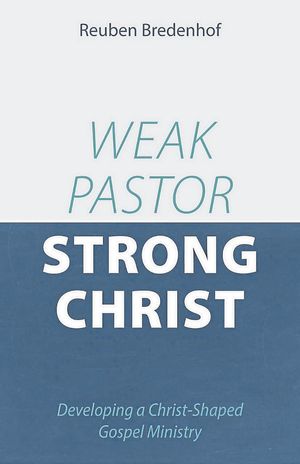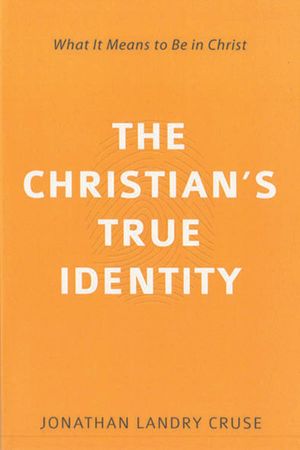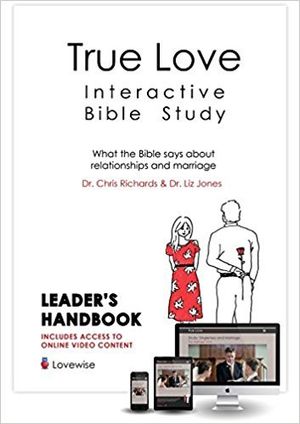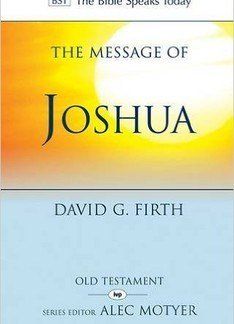This is a revised and expanded version of Beeke’s earlier work, Jehovah shepherding his sheep. Rather than a commentary on Psalm 23, it is a series of 19 expository sermons, originally preached in 1980. The sermons are Puritan in style and theology, but the language is contemporary, with short sentences making for easy reading. Scriptural quotations are from the KJV.
The author draws from many shepherd/sheep passages of the Bible, and there are over 40 Scripture references per chapter. He makes much use of Philip Keller’s work, A shepherd looks at Psalm 23, and helpfully describes shepherding life in its biblical setting.
There are quotations from Puritan writers and the Heidelberg Catechism. All the main doctrines relating to salvation are dealt with: election; the Fall; sin; the covenant of grace; atonement; justification; assurance and the marks of grace; sanctification; glorification; and the final judgment. The aim of the book is ‘to glorify God, edify believers and help lost lambs to find the Shepherd’. It becomes evident that there is a particular concern for those who are only nominally Christian.
At times, with the sombre tone and focus on sin, I felt we had wandered from Psalm 23 itself, which is characterised by joyful assurance. But this is a minor criticism for a book that is full of substance and food for the soul.
It is written with theological precision and pastoral concern for the people of God on their spiritual journey. The qualities of the Good Shepherd are well portrayed, providing much reassurance for Christ’s dependent flock, as in their weakness they experience the highs and lows of life in a challenging world.
The final chapter, describing our life in heaven, forms a delightful conclusion. Throughout the book, gospel truth is applied practically and the message pressed home with strong imperatives and rhetorical questions. It deserves to be read thoughtfully and slowly for maximum benefit and ought to be kept on the bookshelf for repeated readings.
A thoughtful and meditative reading will certainly promote serious Christian living, which is much needed in our day of superficiality.
Roger March
Wolverton




















